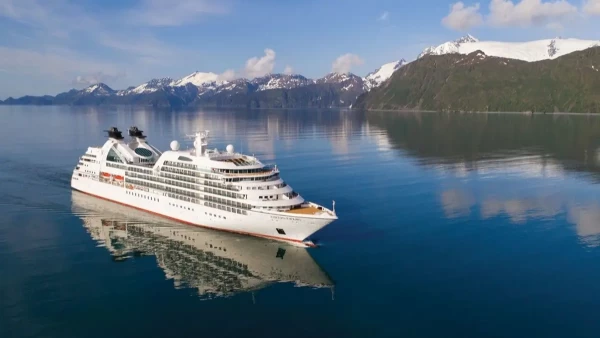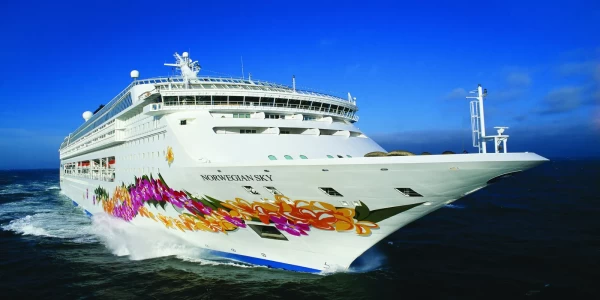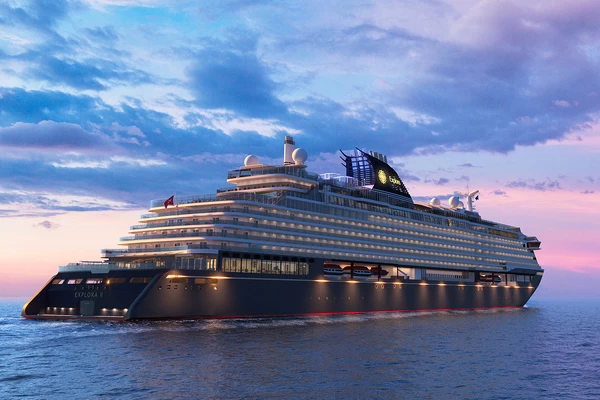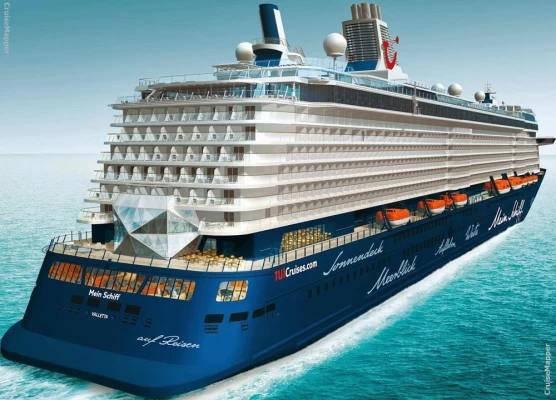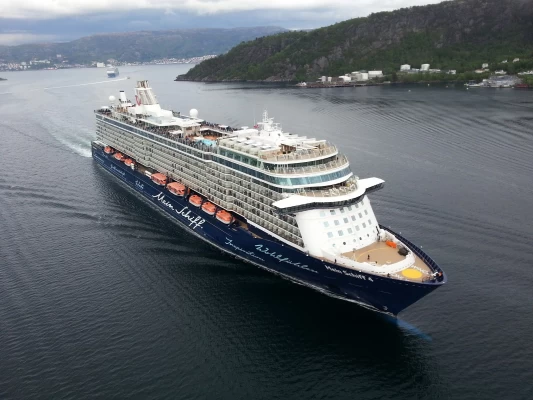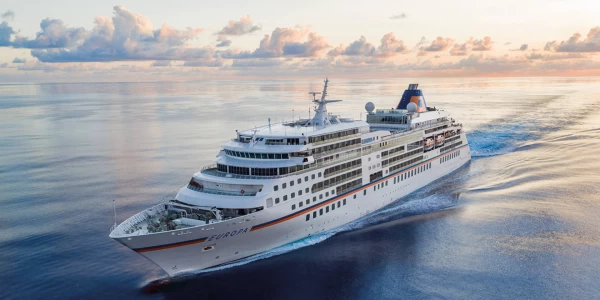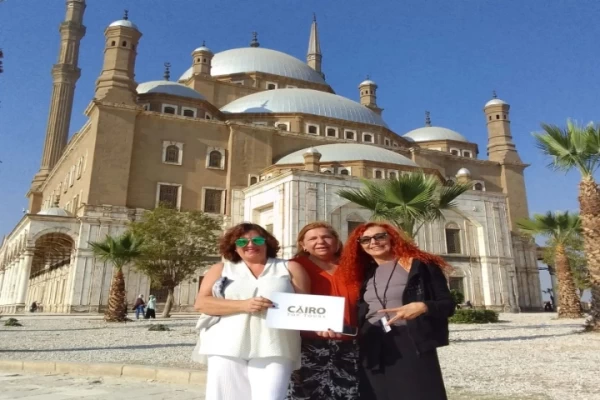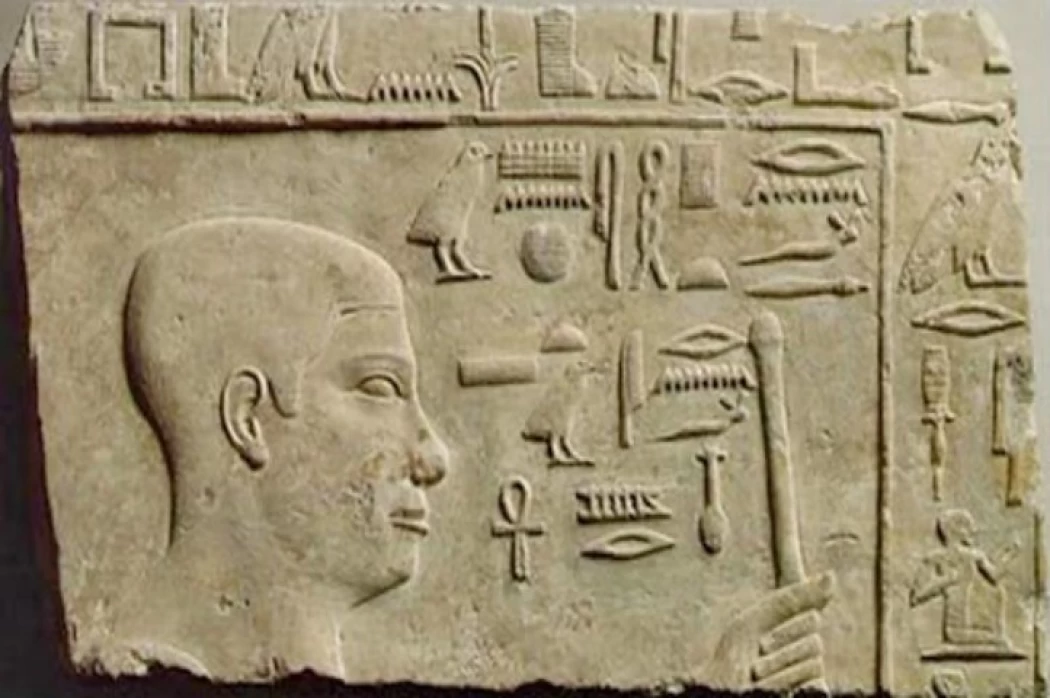
King Djedkare | 5th Dynasty of Egypt History
King Djedkare
Although his ancestry is still unknown, Djedkara-Isesi was the penultimate king of Dynasty V, the ancestor of Unas. He might have been the son of Menkauhor, his predecessor, but it's also plausible that the two kings were brothers, sons of Niuserre, or even cousins, sons of Neferefre and Niuserre.
The two discoverers of the pyramid of Djedkara Izozi died unfortunately prematurely without leaving any record of their work. It is probable that the numerous papyrus fragments that arrived in Europe in 1893, scattered throughout the various museums, came from the area they explored.
These documents all bear the date of the reign of Izozi but refer to the administration of the funeral possessions of a previous king, Neferirkara Kakai.
Among other things, the daily payments made to the high priests or "prophets" and to the attendants of the solar temple, the transfer of income to the assets of the pyramid of Kakai, and the offerings made to the statues of him and the queen mother, Khantkawes, are recorded. The scarcity of documents from this period makes them of the utmost importance, but a long and careful examination is needed to decipher their difficult writing and establish their exact content.
Like his predecessor Menkauhor, Izozi did not erect a Solar Temple and this leads us to believe that after Niuserra important changes occurred in solar theology or, in any case, in the religious policy of the dynasty.
Sail the blue waters through the two green strips on either side of the golden desert when you book your Egyptian Nile cruise. And check out our seasonal offers to choose the most suitable guesthouse or vacation home for your Easter 2024 vacation. We'll save you the hassle and include some of the best hotels and boats in all the cities you'll visit through Egypt travel packages, but if you like to book your own hotel, we've professionally customized a wide variety of Egypt day trips for you, Start in the city that never sleeps and explore our Cairo day trips that cover all the archaeological sites and entertainment venues from the pyramids of Giza and the famous Sphinx to the Egyptian Museum in El Tahrir Square and the National Museum of Egyptian Civilization to see the golden mask of King Tutankhamun. And if you fancy camping in one of the world's most fascinating deserts, we've created the White Desert Tours. Travel safely with us to Upper Egypt and book our day trips to Luxor and travel further south to stunning Nubia and explore all the options our day trips to Aswan have to offer.
Latest Articles
Admin
Seabourn Sojourn Cruise Stops in Safaga Port
The Seabourn Sojourn, the flagship vessel of Seabourn Cruise Line's ultra-luxury fleet, was built in 2008 at the T. Mariotti shipyard in Genoa, Italy. Measuring 198 metres, it can accommodate up to 450 guests in its 225 spacious all-suite staterooms.
Admin
Norwegian Sky Cruise Stops in Safaga Port
Norwegian Cruise Line operates a cruise ship called the Norwegian Sky. It was constructed in 1999 and can accommodate 2,004 passengers in addition to 878 crew members. The ship has several dining establishments, lounges and bars, a spa and fitness center, swimming pools, and a number of entertainment areas.
Admin
Explora II Cruise Stops in Safaga Port
Explora II, the second vessel in the Explora Journeys fleet, sets sail in 2024 to redefine luxury cruising. With 461 ocean-front suites, 9 culinary experiences, and 4 pools, this haven of sophistication and sustainability promises an unforgettable "Ocean State of Mind" journey to inspiring destinations.
Admin
Mein Schiff 6 Cruise Stops in Safaga Port
The Mein Schiff 6 is the latest cruise ship in the renowned TUI Cruises fleet, offering passengers a luxurious and sophisticated cruise experience. At 315 metres long, this floating resort features a range of dining options, entertainment, and recreational facilities, including a spa, fitness centre, and sports amenities.
Admin
Mein Schiff 4 Cruise Stops in Safaga Port
When the Mein Schiff 4 cruise ship docks in Safaga, Egypt, passengers are granted access to a realm of ancient wonders. Aboard this state-of-the-art vessel, guests can embark on meticulously curated shore excursions that showcase the region's most iconic landmarks, including the Giza Pyramids, the enigmatic Sphinx, and the remarkable tombs and temples of the Valley of the Kings in Luxor.
Admin
MS Europa Cruise Stops in Safaga Port
The Silver Moon, Silversea's latest flagship, is a luxury cruise ship that offers an exceptional travel experience for Venezuelans exploring Egypt. With a capacity of 596 guests and an impressive 40,700 gross tonnes, the Silver Moon maintains the small-ship intimacy and spacious all-suite accommodations that are the hallmarks of the Silversea brand.
